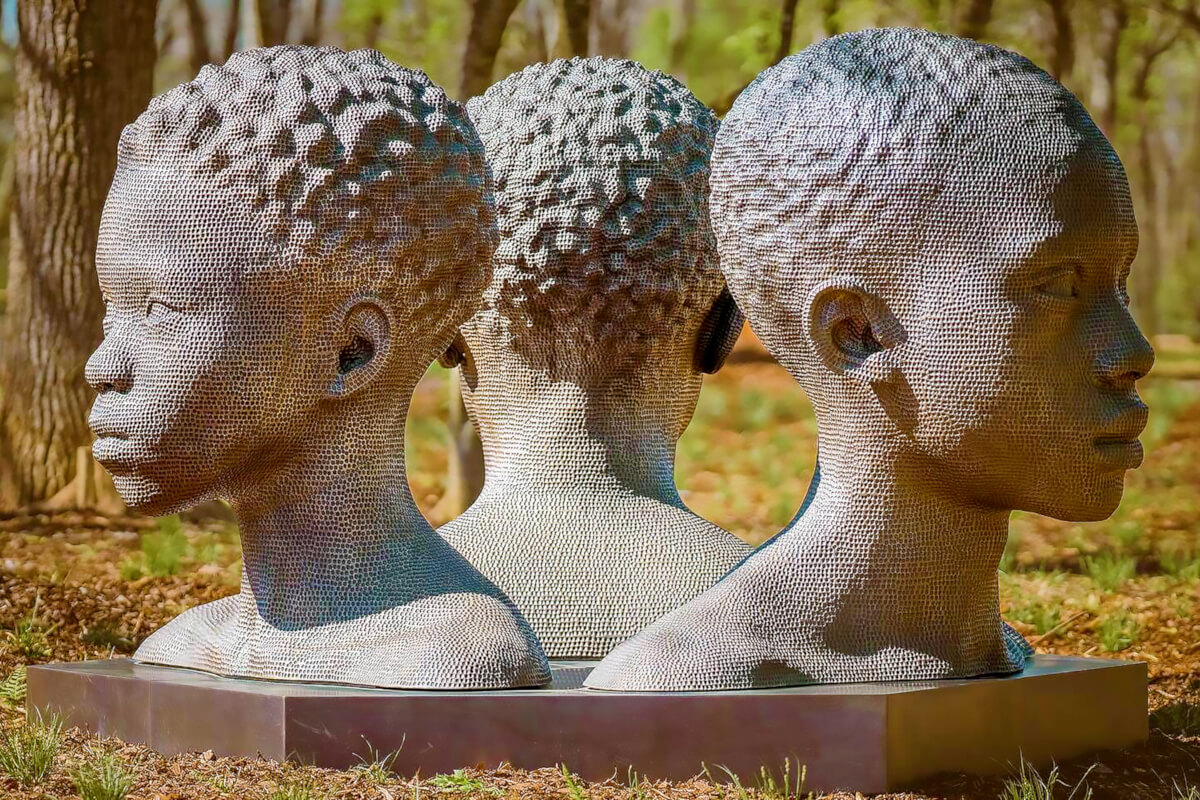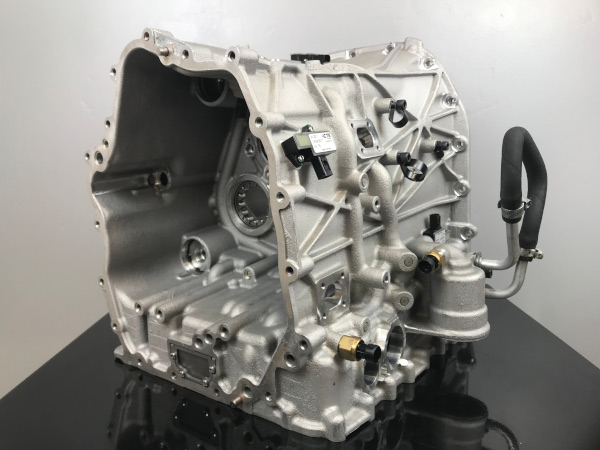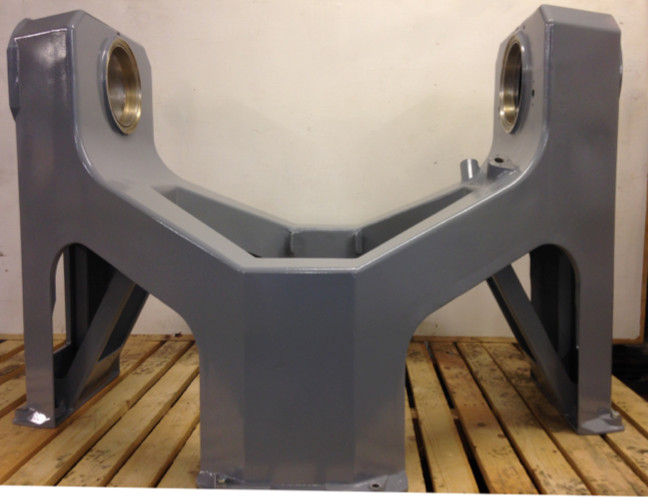Using a series of process improvements, a foundry in the UK has produced defect-free castings without weld repairs in Inconel 625.
Component
- Wheel upright investment casting for automotive and aerospace applications
Alloy
- Aluminium L169
Customer Requirements
- Reduced weight and reduced cost
- Ability to withstand considerable direct and fatigue loading
Previous Part
- Costly direct metal laser sintering (DMLS) process
Outcome
The conversion from a DMLS printed part to an investment casting means:
- The part is four times stiffer than the original design
- The part is capable of mass production
- The cost is reduced
- The weight is reduced
- Performance characteristics are maintained and indeed exceeded
Challenges
- Complex part, previously unable to be cast
Method
- Production begins with creating a 3D printed model in PMMA – which ensures there are no split lines, moulding draft or core assembly – the model is then invested and removed as per the normal investment casting process, before being cast in L169 aluminium alloy.
- By utilising the 3D printing process the mould could be produced in large numbers enabling the component to move to the much cheaper investment casting process and 3D printed patterns enabled the foundry to create castings that far exceed the previous design restrictions of traditional methods.


















